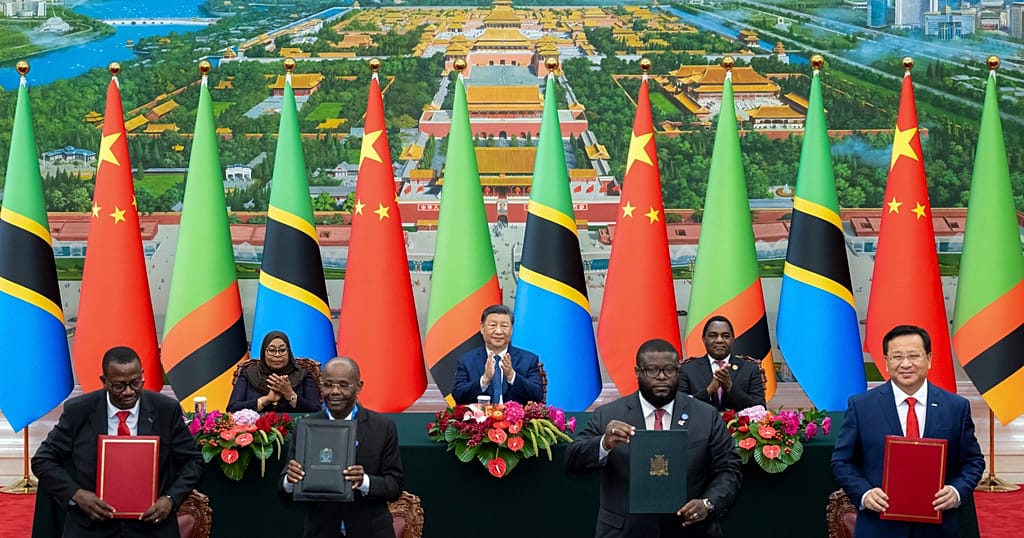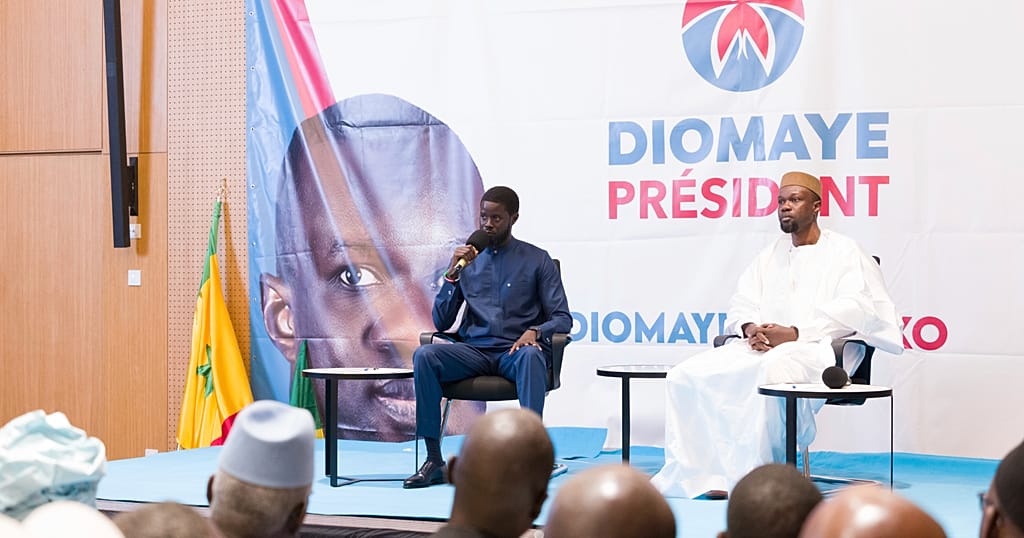Togo bans protests against arrest of opposition activists, constitutional reform

Togo’s government said a planned three-day protest this week over the arrest of opposition figures and new legislation scrapping president elections was illegal, a move that heightened tensions in the West African nation that has been ruled by the same family for almost 60 years.
The interior and security ministries said the protests set to begin Thursday (Apr. 11) would seriously disturb public order. In a separate notice, the government also delayed parliamentary elections until April 29, pushing the vote back by just over a week.
A spokesman for the opposition behind the planned protest said the coalition was considering whether to move forward with the rallies anyway.
“Whenever they’re in a panic, they’re ready to use any kind of tricks against the opposition,” spokesman Eric Dupuy told The Associated Press. “It doesn’t move us.”
The government last week arrested nine opposition activists for engaging in political activities at a market. All nine were released on Tuesday (Apr. 9) evening.
“Disturbing public order”
A statement from the public prosecutor’s office said they were arrested for disturbing public order. A spokesman for those arrested, Thomas Kokou Nsoukpoe, called the arrests arbitrary and abusive.
The proposed constitution, which was passed by lawmakers in late March, grants parliament the power to choose the president, doing away with direct elections. The oppostion fears this makes it likely that President Faure Gnassingbe would be reelected when his mandate expires in 2025.
Previous opposition protests over the past two decades, especially in 2005 and 2017, have been deadly, with hundreds of people killed, displaced and exiled.
“The government’s responses to the opposition’s past protests have been firm, forceful and heavy-handed,” said Aimé Adi, who leads the Togo branch of Amnesty International. “People are much more fearful and distrustful given the bitter experiences of the past, and it’s hard to predict whether they will respond en masse to the opposition’s call for protests.”
Togo, a nation of around 8 million people, has been ruled by the same family for 57 years, initially by Eyadema Gnassingbe and subsequently by his son. Faure Gnassingbe has been in office since 2005 after winning elections that the opposition described as a sham.
Some legal experts say the constitution could actually restrict the power of future presidents as it introduces a one-term limit and hands over greater power to a new figure similar to a prime minister. But opposition fears the creation of a new role — officially, the president of the council of ministers — could become another way for Gnassingbe to stay in power since the indivual who will hold this position will either be “the leader of the party which secures the majority during the legislative elections”; or the leader of the winning coalition of parties.
Source: Africanews


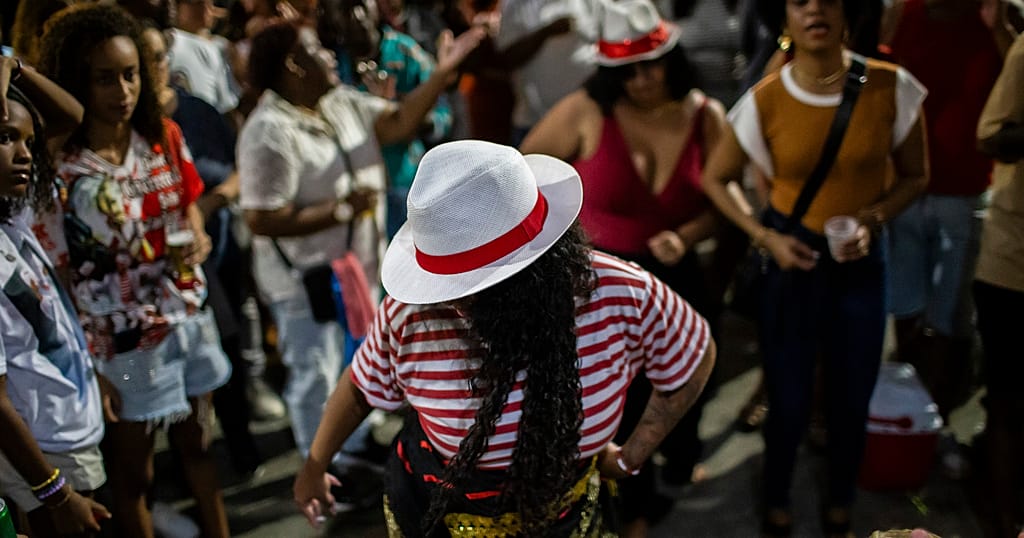
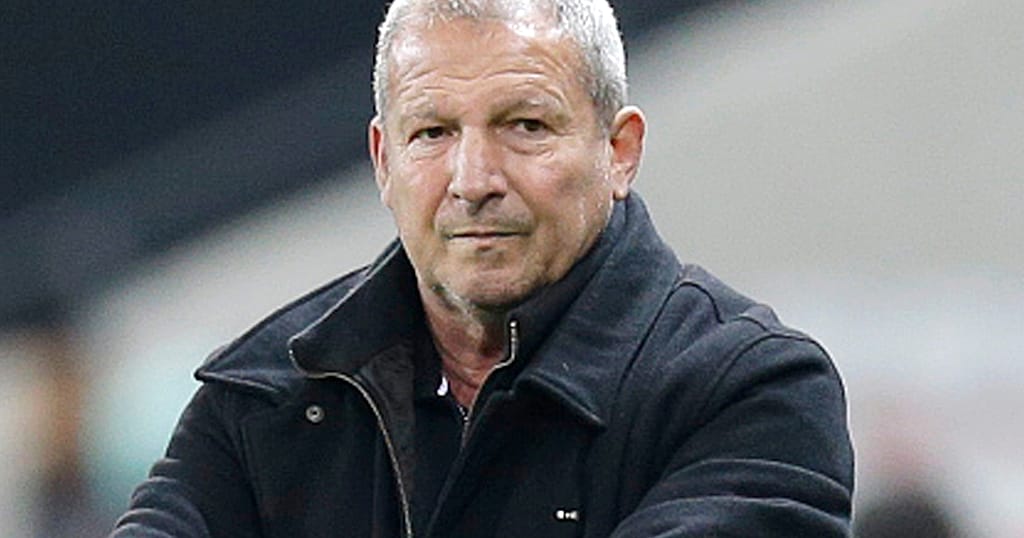
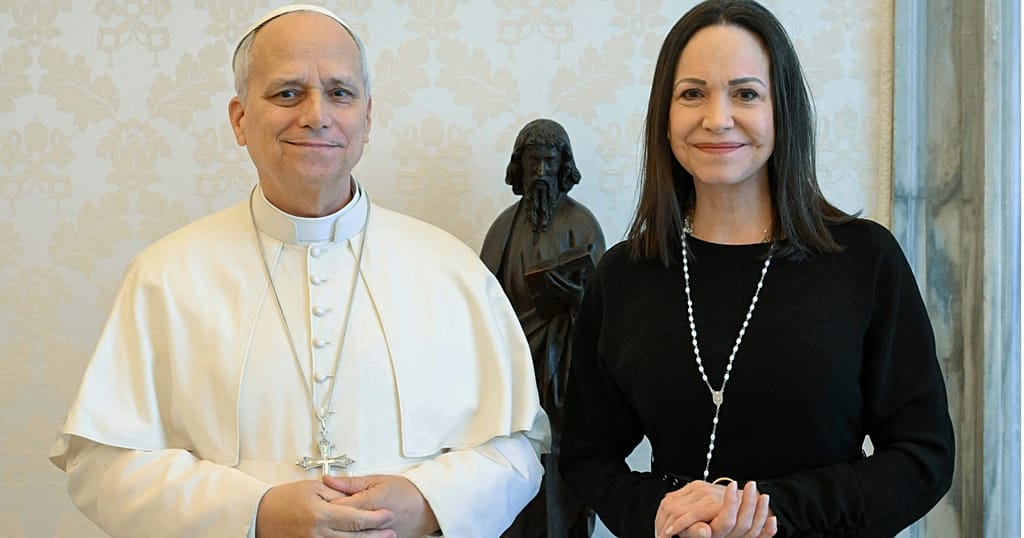


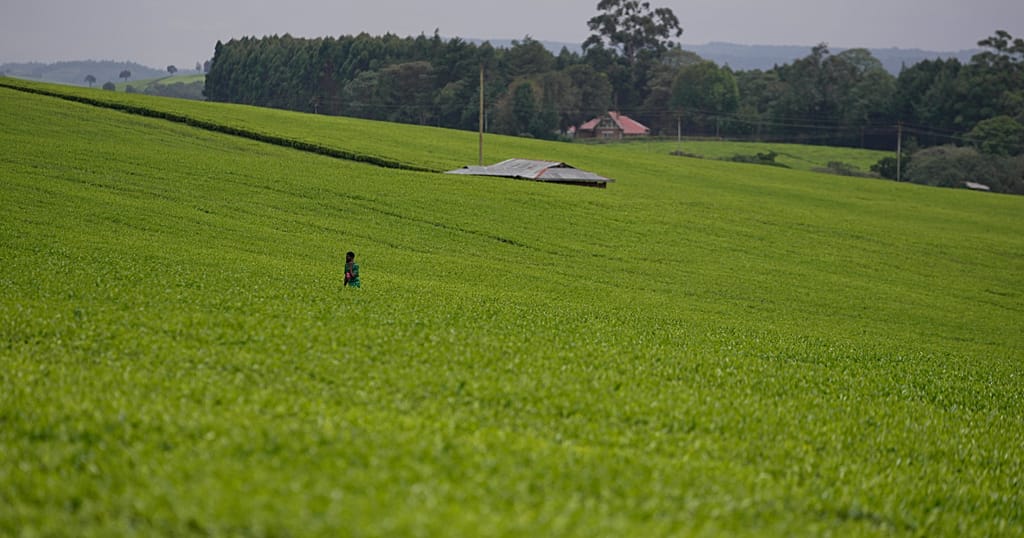
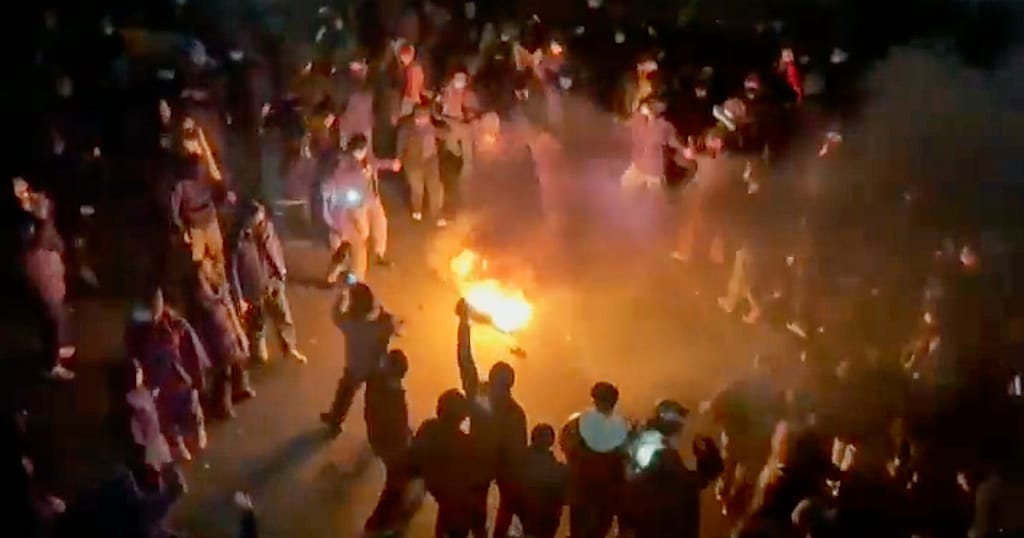
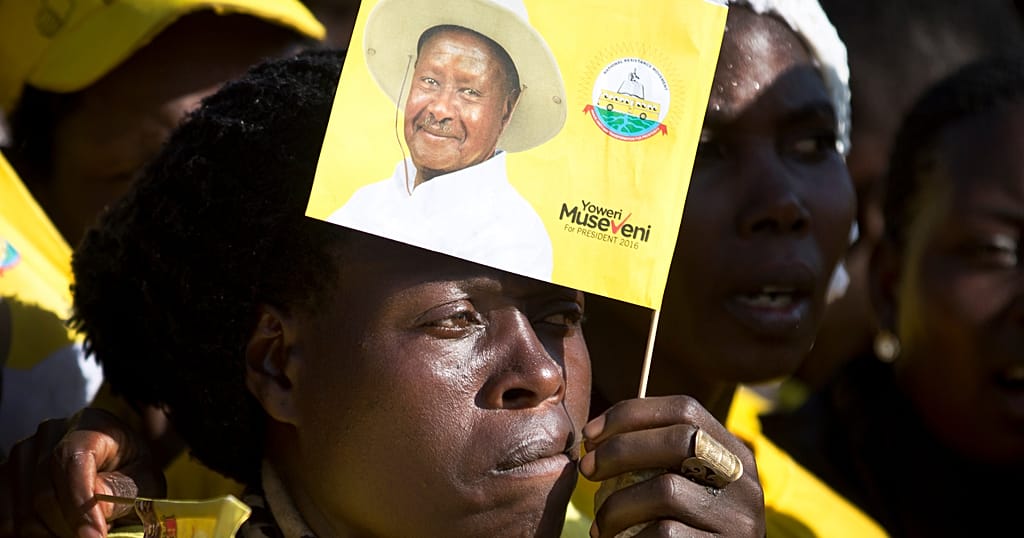
![Nigeria, Egypt complete AFCON semi-final lineup [Football Now] Nigeria, Egypt complete AFCON semi-final lineup [Football Now]](https://images.euronews.com/articles/stories/09/60/88/90/1024x538_cmsv2_ae5ebea6-2342-5024-b5be-e5d49208e561-9608890.jpg)

